Centella asiatica, also known as Gotu Kola or Indian pennywort, is a small perennial herb…
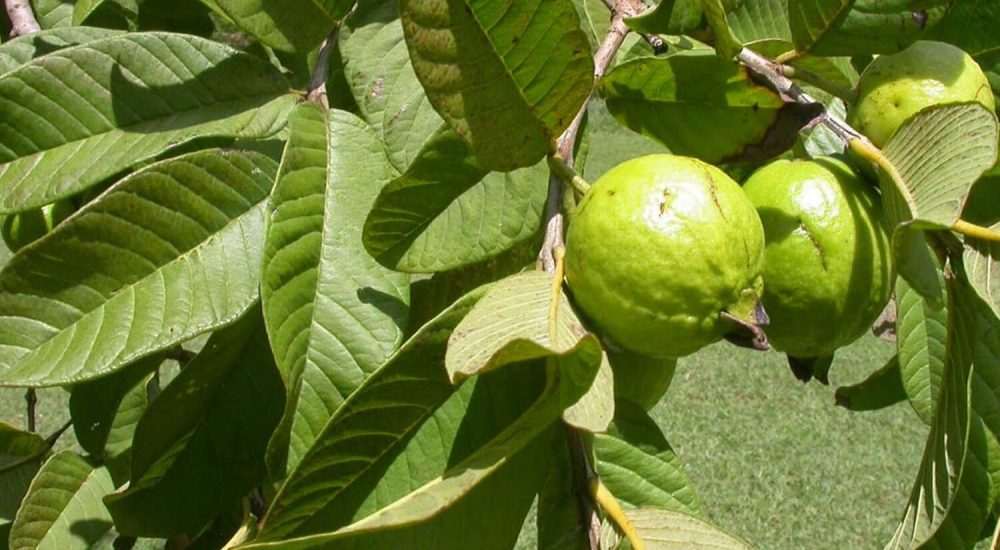
6 Benefits of Psidium Guajava Leaves | Guava
Psidium Guajava, commonly known as guava, is a small tree or shrub species belonging to the myrtle family, Myrtaceae. It is native to tropical regions of Central and South America, but is now widely cultivated in tropical and subtropical regions worldwide for its fruit. The tree typically grows up to 10 meters in height and has dark green, glossy leaves. The fruit of the guava tree is round or oval in shape and can range in color from green to yellow to red, depending on the variety. It has a sweet, tropical flavor and is often eaten raw, used in cooking, or made into juice, jams, and other food products. The fruit is also known for its potential health benefits, as it is high in vitamin C, fiber, and other nutrients. The leaves and bark of the guava tree have also been traditionally used in various cultures for medicinal purposes, and research has suggested that they may have anti-inflammatory, antimicrobial, and other health-promoting properties.
Benefits of Psidium Guajava Leaves
The leaves of Psidium Guajava have been traditionally used for medicinal purposes in various cultures. Some of the potential benefits of guava leaves include:
- Managing blood sugar levels: Guava leaves may help regulate blood sugar levels by inhibiting the absorption of certain sugars in the body. This may be beneficial for people with diabetes or those at risk of developing diabetes.
- Reducing inflammation: The compounds found in guava leaves have been shown to have anti-inflammatory properties. This may help reduce inflammation in the body, which is a common factor in many chronic diseases.
- Supporting digestive health: Guava leaves contain compounds that may help reduce the risk of gastrointestinal infections and improve digestive function.
- Improving heart health: The flavonoids and other antioxidants in guava leaves may help reduce the risk of heart disease by lowering cholesterol levels and improving blood pressure.
- Enhancing wound healing: Guava leaves have been shown to have antimicrobial properties, which may help prevent infections and improve wound healing.
- Supporting skin health: Guava leaves may have antibacterial and anti-inflammatory effects on the skin, making them potentially beneficial for treating skin conditions such as acne and eczema.
It is important to note that while guava leaves have potential health benefits, more research is needed to fully understand their effects on the body. Consult with a healthcare provider before using guava leaves or any other dietary supplement for medicinal purposes.
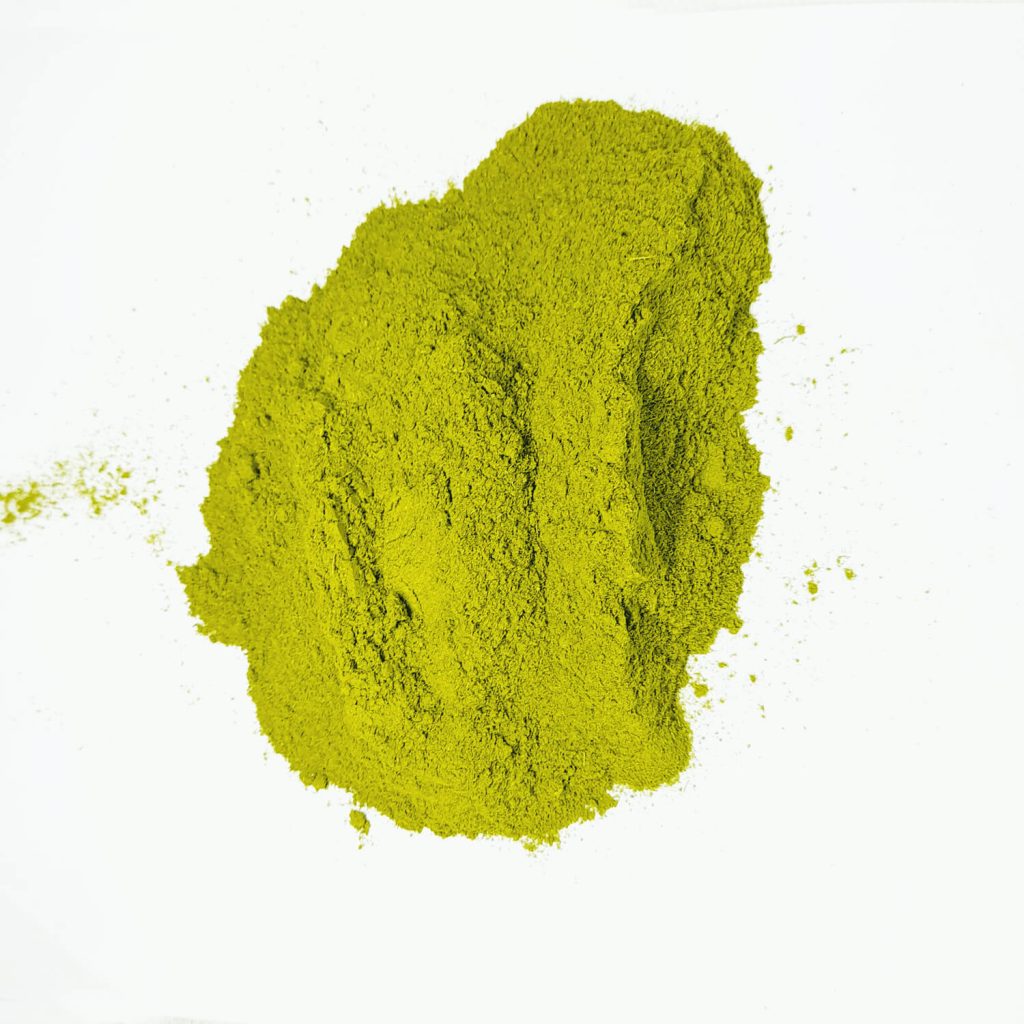
How to use Psidium Guajava Leaves
Guava leaves can be used in various forms for their potential health benefits. Here are some ways to use guava leaves:
- Tea: Guava leaf tea can be made by steeping dried guava leaves in hot water for several minutes. This tea can be consumed for potential health benefits, such as managing blood sugar levels or improving digestion.
- Topical application: Crushed guava leaves can be applied topically to the skin to help treat minor wounds, insect bites, and skin irritations. The leaves can also be boiled in water and used as a mouthwash to help treat oral health issues such as gum disease.
- Capsules or tablets: Guava leaf supplements are available in capsule or tablet form. These supplements can be taken as directed by a healthcare provider.
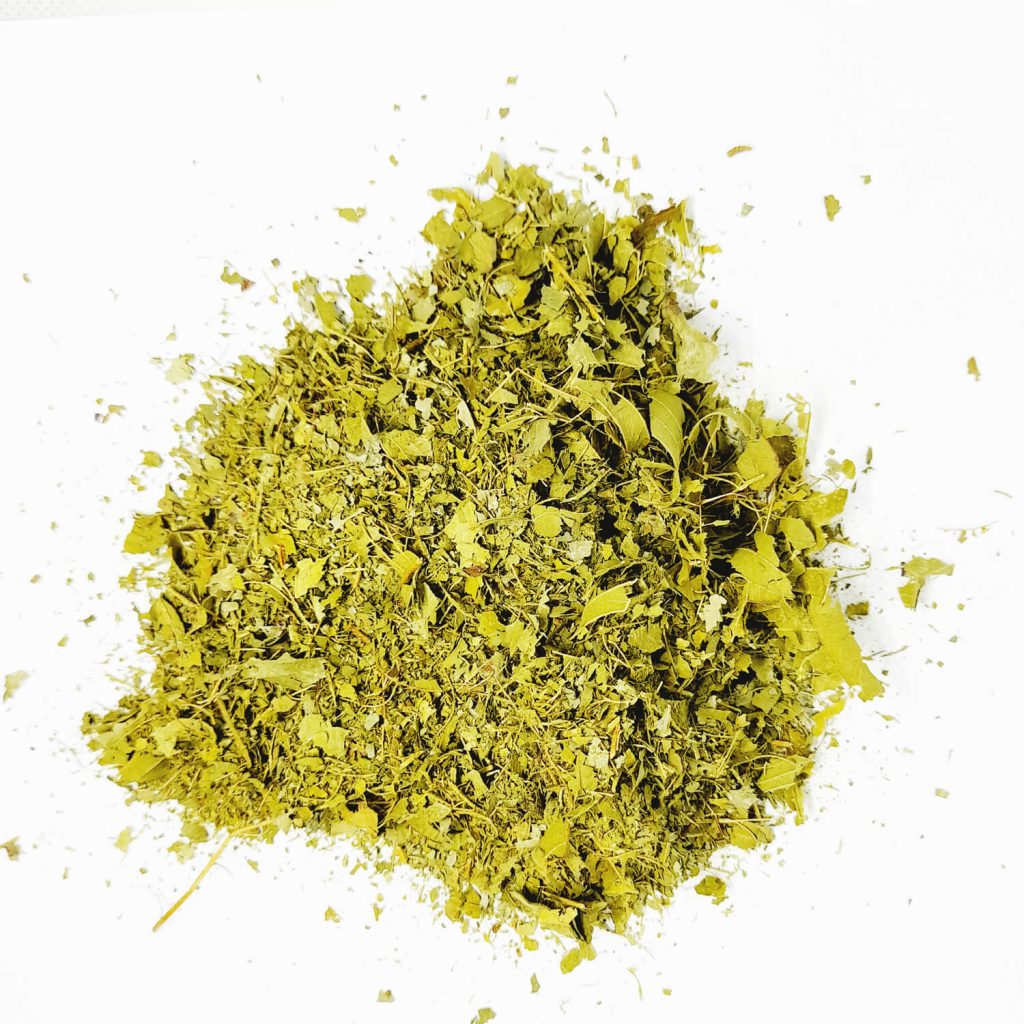
It is important to note that before using guava leaves in any form, it is important to consult a healthcare provider to ensure safe and effective use, especially if you have any underlying health conditions or are taking other medications. The appropriate dosage and form of guava leaves will depend on the individual and their specific health needs.

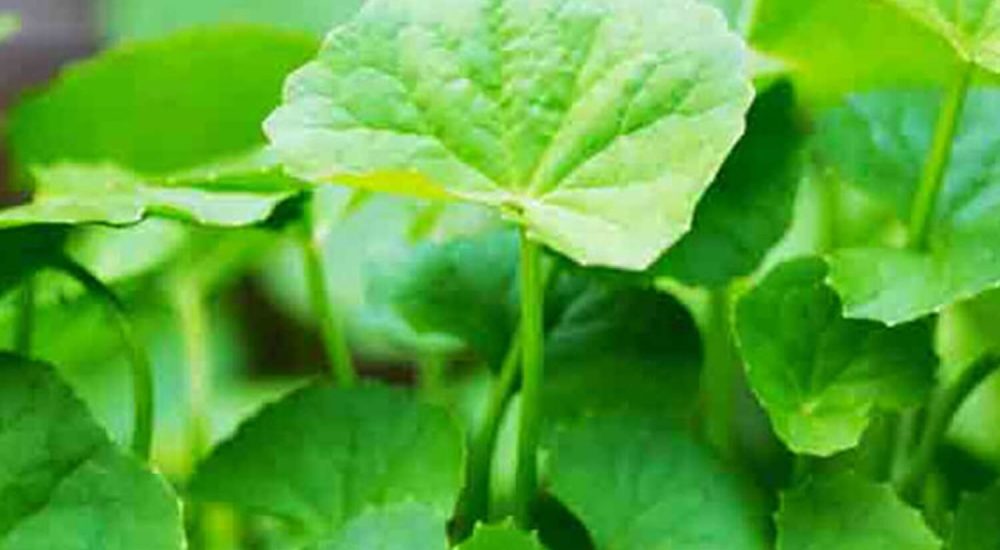
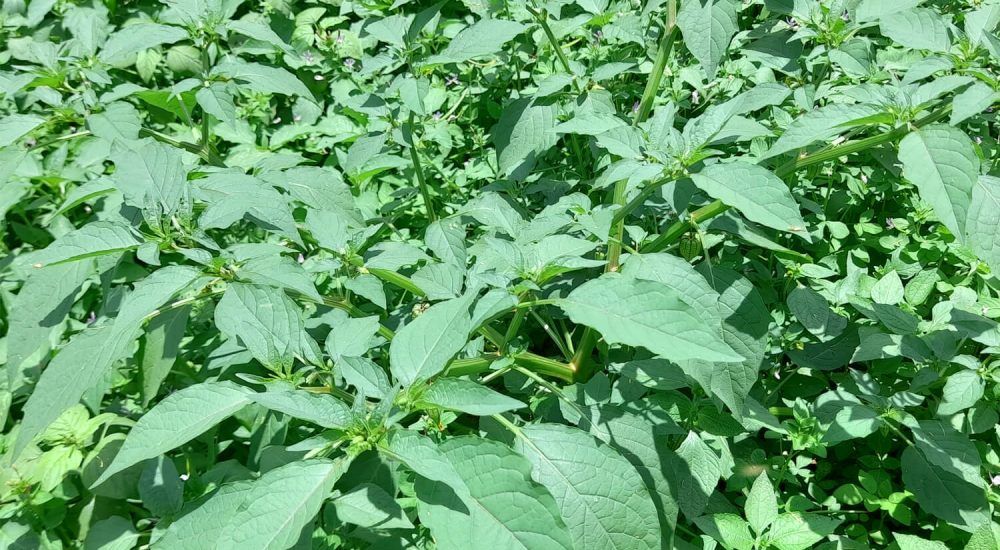
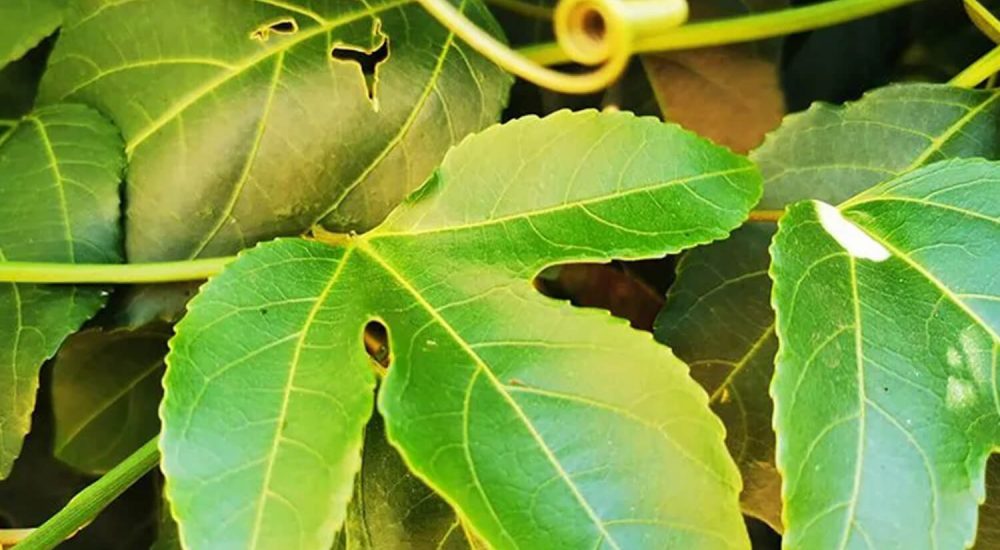
This Post Has 0 Comments